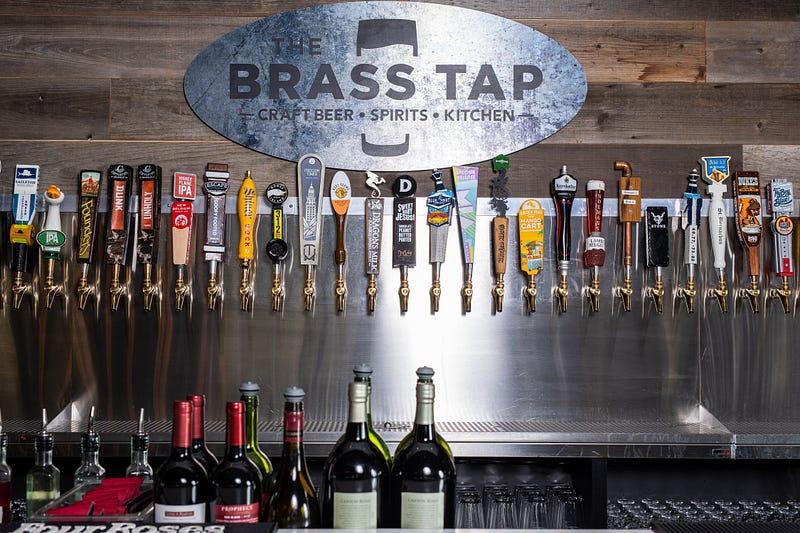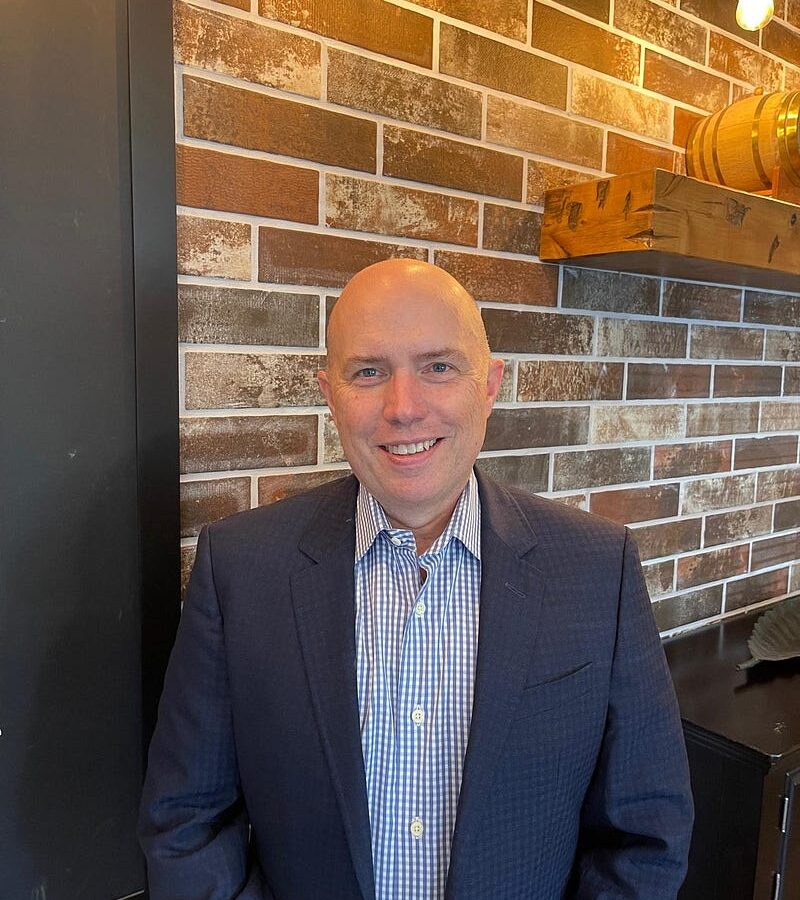How does inflation and the increasing cost of doing business impact the workforce, the consumer and overall prices? We are seeing layoffs starting to become more prevalent in some sectors, while others still struggle to hit staffing targets and fill positions.
When it comes to designing the future of work, one size fits none. Discovering success isn’t about a hybrid model or offering remote work options. Individuals and organizations are looking for more freedom. The freedom to choose the work model that makes the most sense. The freedom to choose their own values. And the freedom to pursue what matters most. We reached out to successful leaders and thought leaders across all industries to glean their insights and predictions about how to create a future that works.
As a part of our interview series called “How Employers and Employees are Reworking Work Together,” we had the pleasure to interview Alan Rogers.
FSC Franchise Co., the parent company of Beef ‘O’ Brady’s and The Brass Tap, has appointed 30-year restaurant industry veteran Alan Rogers as Vice President of Organizational Learning and Development. In his role, Rogers will focus on building out the brand’s leadership development programs and ramping up the New Store Opening process to handle the projected unit count growth for both brands.
Prior to joining FSC, Rogers was the Senior Director of Training and Ops Services at Huddle House Corporate for the past five years. Before that, he was a Brand President with Atticus Franchise Group, a large franchisee of Wingstop. Rogers started off his career with McDonalds, where he spent 18 years working his way up through store management and into various operations and training leadership roles. He has also had experience with brands such as Burger King and Church’s Chicken.
What advice would you offer to employers who want to future-proof their organizations?
First off, I would say to look at their culture and determine why people want to work there. What separates their organization from others that are competing for the same employees? Are they developing their organizations’ future leaders or are they developing future leaders for others? Know your people’s goals and provide them an opportunity to achieve them. Lastly, look to technology to help with onboarding, training and development. Utilize the enhancements in technology to enhance your development programs and your organization’s culture.
What do you predict will be the biggest gaps between what employers are willing to offer and what employees expect as we move forward? And what strategies would you offer about how to reconcile those gaps?
In the short term, I think the gap will start to widen in what employers are willing to continue to provide and continue to increase versus what the employee is wanting/expecting. During the pandemic we saw a major shift in what employers were willing to provide to get employees to come on board or stay with the company. And now, we are starting to see a slow down in those things.
We simultaneously joined a global experiment together last year called “Working From Home.” How will this experience influence the future of work?
It changed the way that organizations have to look at how they engage and interact with their people and how their people interact and engage with their fellow employees and teams. By nature, people are social. So, a company must decide how they will provide that social aspect to their employees when they are remote. It is important to take care of clients and provide that connection that is so important to these relationships.
We’ve all read the headlines about how the pandemic reshaped the workforce. What societal changes do you foresee as necessary to support a future of work that works for everyone?
The pandemic changed how and where people prioritize work in their life. They adjusted their lifestyle during the pandemic in ways such as providing home schooling to their kids and working more flexible hours. People have less personal interactions now, and I think you will still have to see support for wellness, both physical and mental.
What is your greatest source of optimism about the future of work?
The resiliency of people overall and the desire that people have to learn and improve. Look at how much education and technology have grown from generation to generation and the improvements to the workforce that has provided.
Our collective mental health and wellbeing are now considered collateral as we consider the future of work. What innovative strategies do you see employers offering to help improve and optimize their employee’s mental health and wellbeing?
We see a lot of companies providing full suites of wellness benefits that support both physical and mental wellness. I think we will continue to see that as a focus in recruiting and retention efforts to show how companies care for their employees. I think we will also see a lot more availability of resources to employees through virtual visits and interactions.
It seems like there’s a new headline every day. ‘The Great Resignation’. ‘The Great Reconfiguration’. And now the ‘Great Reevaluation’. What are the most important messages leaders need to hear from these headlines? How do company cultures need to evolve?
First, that these headlines are real. These are real issues that impact companies, their customers and their employees. They must listen to these headlines and really seek to understand why they are happening. They must listen and address the necessary improvements and provide a better experience for their people. The evolution of a company’s culture will be based on their commitment to provide a better environment and experience to their employees.

Let’s get more specific. What are your “Top 5 Trends To Track In the Future of Work?”
1. AI and the responsible development and use of it. Can companies ensure they are protecting their people and even their applicants as the use of AI in HR related functions grows?
2. How does inflation and the increasing cost of doing business impact the workforce, the consumer and overall prices? We are seeing layoffs starting to become more prevalent in some sectors, while others still struggle to hit staffing targets and fill positions.
3. Gig work vs office career. We saw a tremendous increase in gig work during and after the pandemic. How does that shape the workforce going forward?
I keep quotes on my desk and on scraps of paper to stay inspired. What’s your favorite “Life Lesson Quote”? And how has this quote shaped your perspective?
“We cannot solve our problems with the same thinking we used when we created them. I’m always looking for a better way to build a mousetrap and improve.”
Our readers often like to continue the conversation with our featured interviewees. How can they best connect with you and stay current on what you’re discovering?
LinkedIn: https://www.linkedin.com/in/alan-rogers-13393715/
Thank you for sharing your insights and predictions. We appreciate the gift of your time and wish you continued success and good health.


